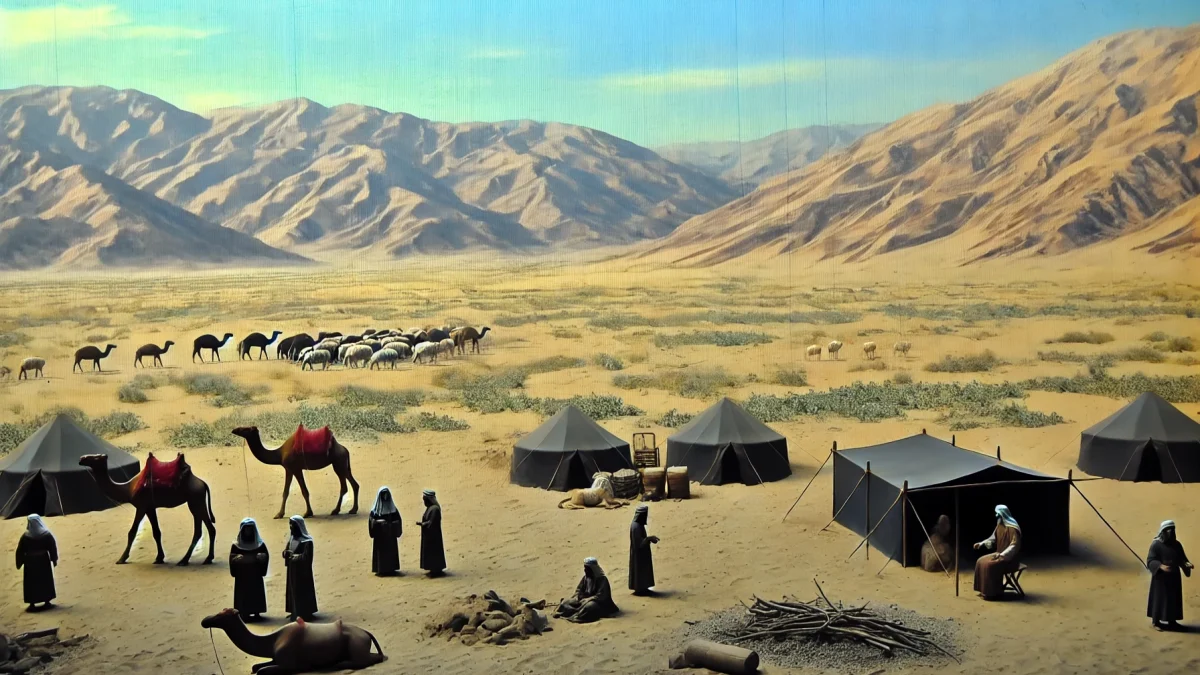As someone deeply engaged in biblical studies, I’ve often been captivated by the lesser-known figures and places mentioned in Scripture. Today, I want to explore “Kedar in the Bible,” a name that holds a fascinating depth of historical and spiritual significance.
Who Was Kedar?
Kedar was the second son of Ishmael, as recorded in Genesis 25:13 and 1 Chronicles 1:29. Beyond just a name, Kedar represents the Arabian descendants and the region they inhabited. This historical context is not just a geographical footnote; it provides a backdrop for understanding various biblical narratives.
Kedar’s Cultural Identity
One of the most vivid descriptions of Kedar comes from the Song of Songs 1:5, where it mentions, “Dark am I, yet lovely…dark like the tents of Kedar.” This reference is not merely about color but reflects a cultural identity. The people of Kedar were known for their black goat hair tents, indicative of a nomadic lifestyle. This nomadic nature is essential for appreciating many biblical metaphors and narratives involving Kedar.
Kedar in Biblical Prophecies
Kedar is frequently mentioned in the context of divine judgment and prophecy. For instance, Isaiah 21:16-17 foretells the downfall of Kedar’s warriors, highlighting the transient glory of earthly powers contrasted with the eternal sovereignty of God. Similarly, Jeremiah 49:28 discusses Kedar in the context of Nebuchadnezzar’s campaigns, emphasizing the geopolitical shifts occurring during biblical times.
Spiritual Lessons from Kedar
Kedar also serves as a spiritual mirror for Israel. In Jeremiah 2:10, God contrasts Israel’s infidelity with Kedar’s consistency in worshiping their gods, albeit false. This comparison serves as a rebuke and a call for self-reflection for the Israelites, reminding them of their unique covenant with the true God.
Kedar’s Eschatological Role
Looking towards eschatological themes, Isaiah 42:11 and Isaiah 60:7 portray a redeemed Kedar, contributing to the worship of God and the prosperity of Israel. This transformation signifies the inclusive nature of God’s salvation plan, extending beyond traditional boundaries to encompass all nations.






Leave a Reply